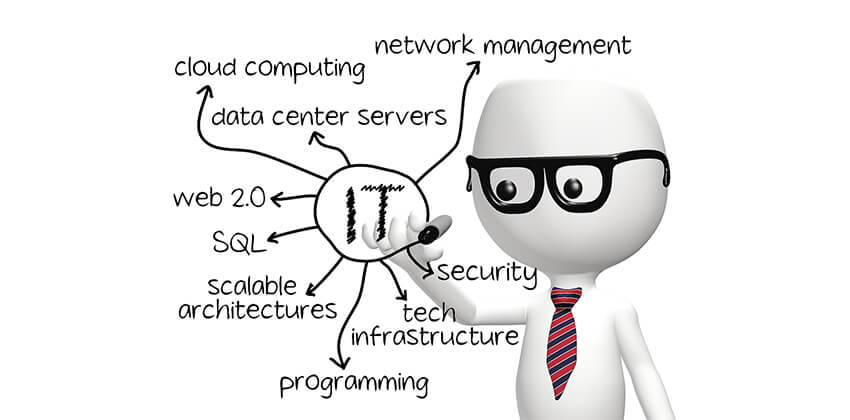
Back in 2002, This American Life host Ira Glass conducted an informal survey of about 100 audience members, “How many of you,” he asked, “are still on Plan A for your life?” One person, a 20-something, said yes. Everyone else in the audience had moved on to Plan B, F, or Z.
Life has a way of changing the best laid career plans.
Every spring, I talk to recent grads who had always been sure they were going to medical school — until *that* Organic Chemistry class, or the medical school admissions committee said no, or they discovered they really didn’t like the sight of blood.
Or folks who’d pledged eternal love and created a plan to move to Cleveland, until a better offer came up for one of them in Springfield or Boston or DC. Or the elective in Photography became much more than that – a passion that must be followed without regard to anything else.
Sometimes we change our minds; sometimes decisions in life are made for us.
So here, are five different tips on how you can choose a career path:
1.When starting out, keep your eyes open for the possibility but stay grounded in reality, too.
The market is picking up this year for new and recent grads, but it’s still a tight market out there – and “You can’t always get what you want, but if you try sometimes…” (nod to the Rolling Stones)
Aim for a job that will allow you to pay the bills…You can control how high the bills will be, so that doesn’t necessarily require giving up on what you want to do, it just means you have to know your priorities.
2.If possible, pick a job in which you can thrive – and have your downtime.
If the job uses the skills that come naturally to you, it will be easier to succeed and have time for a personal life. Be honest with your potential employers about what you do well, and what takes you a long time. If you’re not candid, they will figure it out later anyway. A great way to do this is to check out the book “Now Discover Your Strengths” from Marcus Buckingham.
3.Be vigilant when you pick a job – even if it doesn’t seem like there are many opportunities.
Don’t be afraid to ask, “What did the last person who did this job decide to do next after she left? Can you give me an example of a representative project that I might do?”
4.Find a mentor.
Not just your boss, but someone who can serve as an external advisor and help show you the way for your future growth.
5.If you don’t know where you want to work, or your opportunities seem limited, expand your horizon.
Look at fields that are growing and need people. The beautiful thing about the world of work is that you can combine your love of a type of work – with an industry that needs people.
Were you the person that loved scheduling classes more than any of your friends? Did you thrive on organizing? Take a look at jobs that need this type of logical thinking – for example, sleepy air traffic controllers have shown a spotlight on the need for more staff in air traffic control. That’s a job that involves scheduling and paying attention to detail in spades.
Do you enjoy writing and science? There’s a huge need for people who can explain things. Technical writing is a very cool field – one which can be lucrative to boot.
Are you the peacemaker and negotiator of your friends? Do you have a good poker face? Are you patient? Check out jobs in relationship management – banks and Fortune 500 hire for these jobs in spades.
Bottom Line
Having a plan can help you chart a course, put a roof over your head, progress faster in your career. So it’s good to know where you are going and what you plan to do. But even if things don’t turn out the way you want them to, remember this: One of the only things in life that’s constant is change… And if you are a recent college graduate, you likely have at least 43 years before you are eligible for social security and retirement. So there’s a lot of time to adjust, research Plan C or D, and do a course correction if you need to.
Those are my starting tips for thinking about career plans, what are yours?

E. Chandlee Bryan, M.Ed.(@chandlee) is a career advisor at Dartmouth College. A certified career coach and resume writer, Chandlee’s experience includes working as a recruiter, facilitating one of Manhattan’s largest job search meetups, and serving as the resume expert for a national Microsoft campaign. She is a co-author of The Twitter Job Search Guide (JIST 2010).
More about this author…
Don't forget to share this article with friends!




